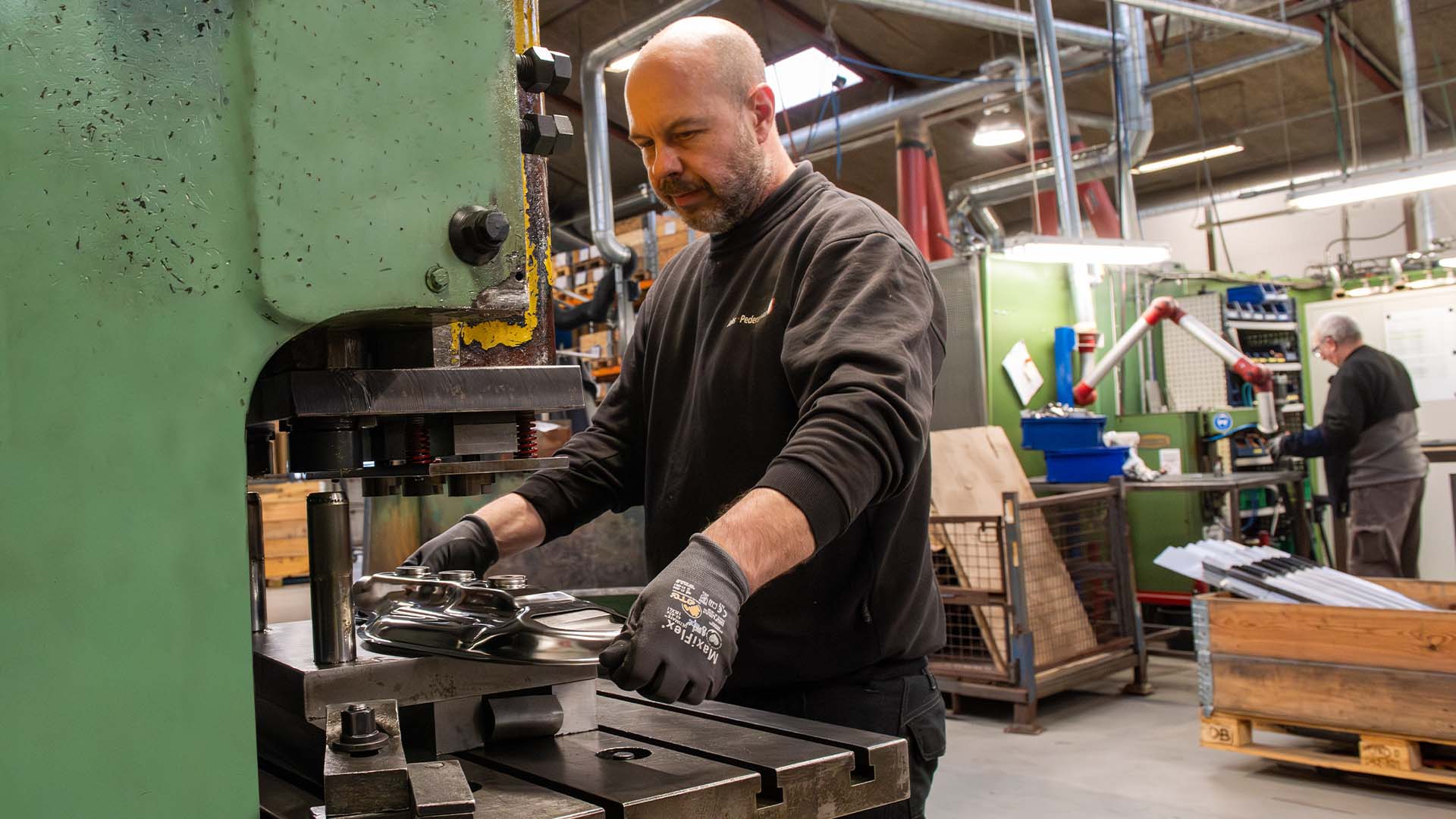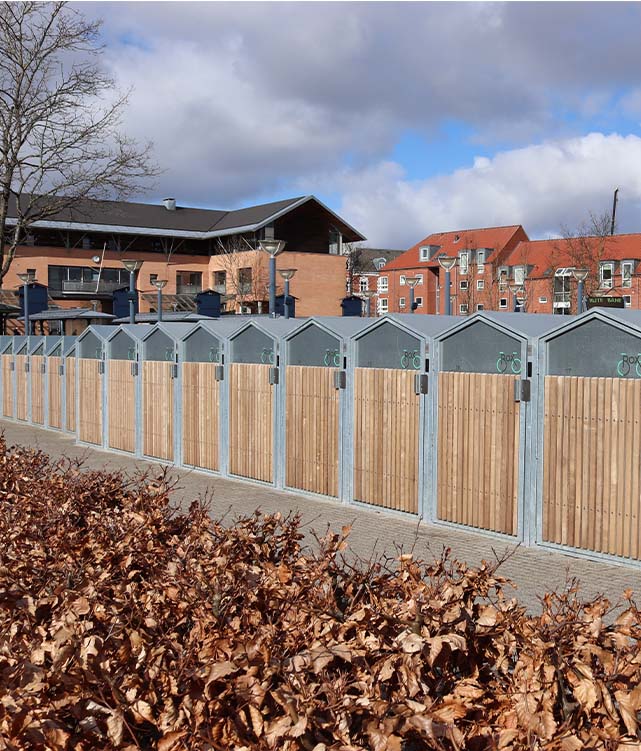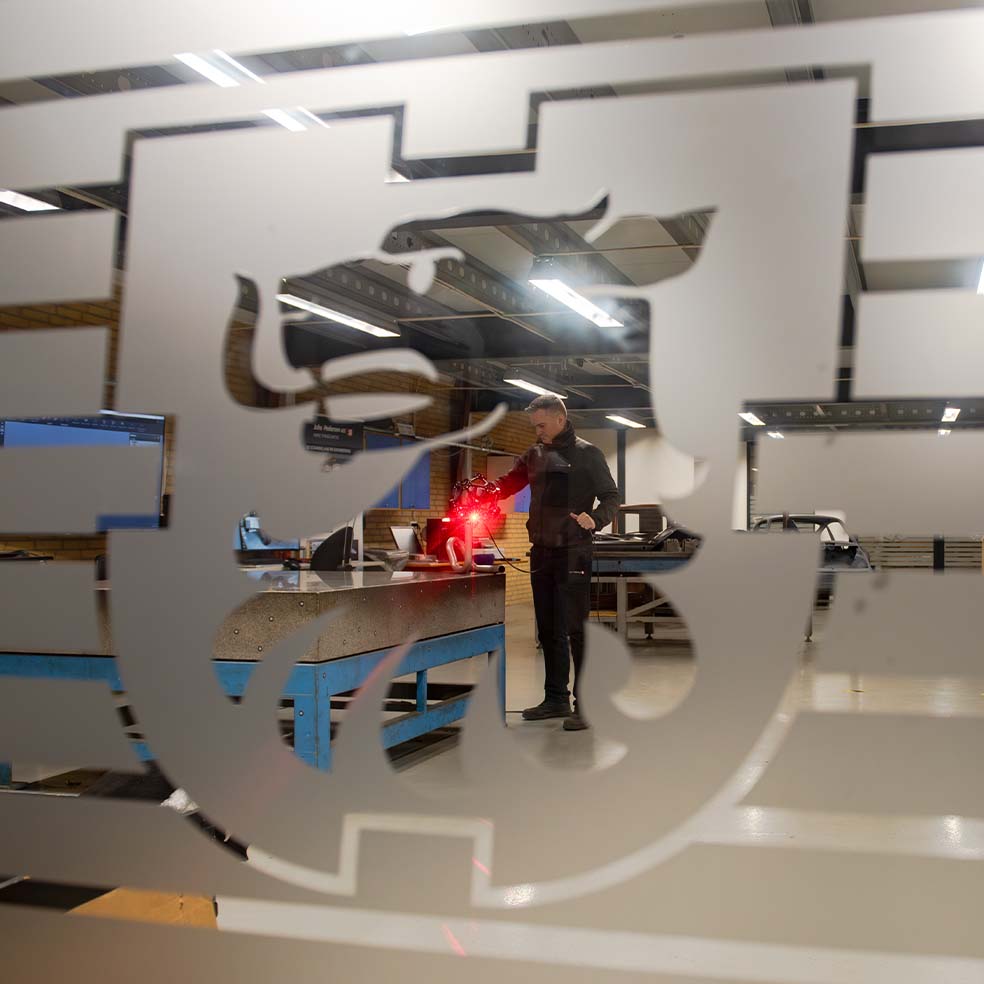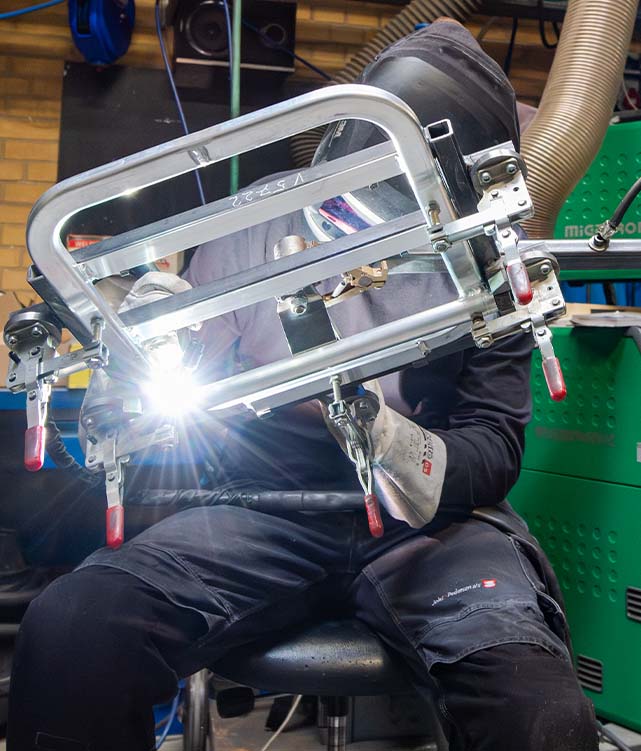- Johs. Pedersen a/s
- Quality & Environment
Stability and Consistency
At Johs. Pedersen a/s, we are ISO-certified in both quality and environmental management, specifically ISO 9001 and ISO 14001, respectively. This means that we systematically work on both quality and environmental management, ensuring continuous focus on both our quality and environmental impact through ongoing optimization and improvement of our processes.

Johannes Pedersen a/s has long been an environmentally conscious company, and in the future, there will be systematic work on environmental management and improvements in this area.
The JP group’s journey towards sustainability
In the JP Group, we strive to increasingly integrate green principles into our daily practices, which is why environmental considerations and sustainability hold a central place in our work.”
In general, we deliver services and products that focus on extending the lifespan of existing products – a practice to which we have always adhered. Sustainability is thus part of our DNA.
Over the past few years, we have become more aware of our operational resource footprint on the environment. This applies to both our production, transportation, and several other areas. Therefore, we have embarked on a more structured journey towards integrating sustainability in these areas.

We are working diligently to reduce our CO2 emissions at Johs. Pedersen a/s
We become environmentally certified
In 2018, we became environmentally certified (ISO 14001), ensuring that we are in control of our processes regarding environmental protection.
Science Based Target Initiative
We are now part of an exclusive group with selected Danish companies who have committed to reducing their CO2 emissions through SBTi.
CO2 emissions reduced by half
We have committed ourselves to reducing our CO2 emissions by 46% by 2030 compared to our 2019 emissions.

Environmental certification
In 2018, we obtained environmental certification (ISO 14001), ensuring that we are in control of our processes in relation to environmental protection. We continuously optimize our processes to minimize waste, which is not only sustainable for the environment but also economically advantageous for our products. The waste we cannot avoid, such as steel, cardboard, or excess interior, is sorted and either recycled or disposed of in a responsible manner.
The JP group’s journey towards sustainability
In the JP Group, we are very aware of our co-responsibility to reduce our CO2 emissions and be environmentally aware of our actions.
In our manufacturing company, Johs. Pedersen a/s, we initiated our environmental journey in 2018, when we became environmentally certified according to ISO 14001. However, we have always, in one way or another, focused on sustainability, working on recycling residual products, and reducing waste.
Our environmental certification was a milestone for us, where our core values and overall attitudes for everyone gained a stronger focus on reducing CO2 emissions.
But now, we have taken it a step further and officially become a part of the Science Based Target Initiative (SBTi). We are now part of an exclusive group with 100 other Danish companies who have committed to reducing their CO2 emissions through SBTi.
We have committed ourselves to reducing our CO2 emissions by 46% by 2030 compared to our 2019 emissions, and we believe we will achieve this goal well before then.

Sustainable future
We now have insight into our CO2 emissions and set annual reduction goals, as well as prepare annual CO2 accounts, like how financial statements are prepared each calendar year.
For us, joining SBTi is the next major milestone in our ongoing journey towards becoming a more sustainable company and contributing to a slightly greener world.
Even as we set goals, we are aware that an unknown journey awaits us in this area, but we look forward to intensifying our work on sustainability.
At the same time, we are aware that we are embarking on a journey where the outcome is not always certain, and where we will need to collaborate with others to ensure the best solutions – even in the longer term.
It will require us to continuously find solutions along the way, which is something we fortunately have plenty of experience with, as it is already an integral part of our approach to running the business and ensuring a sustainable future for our operations.
